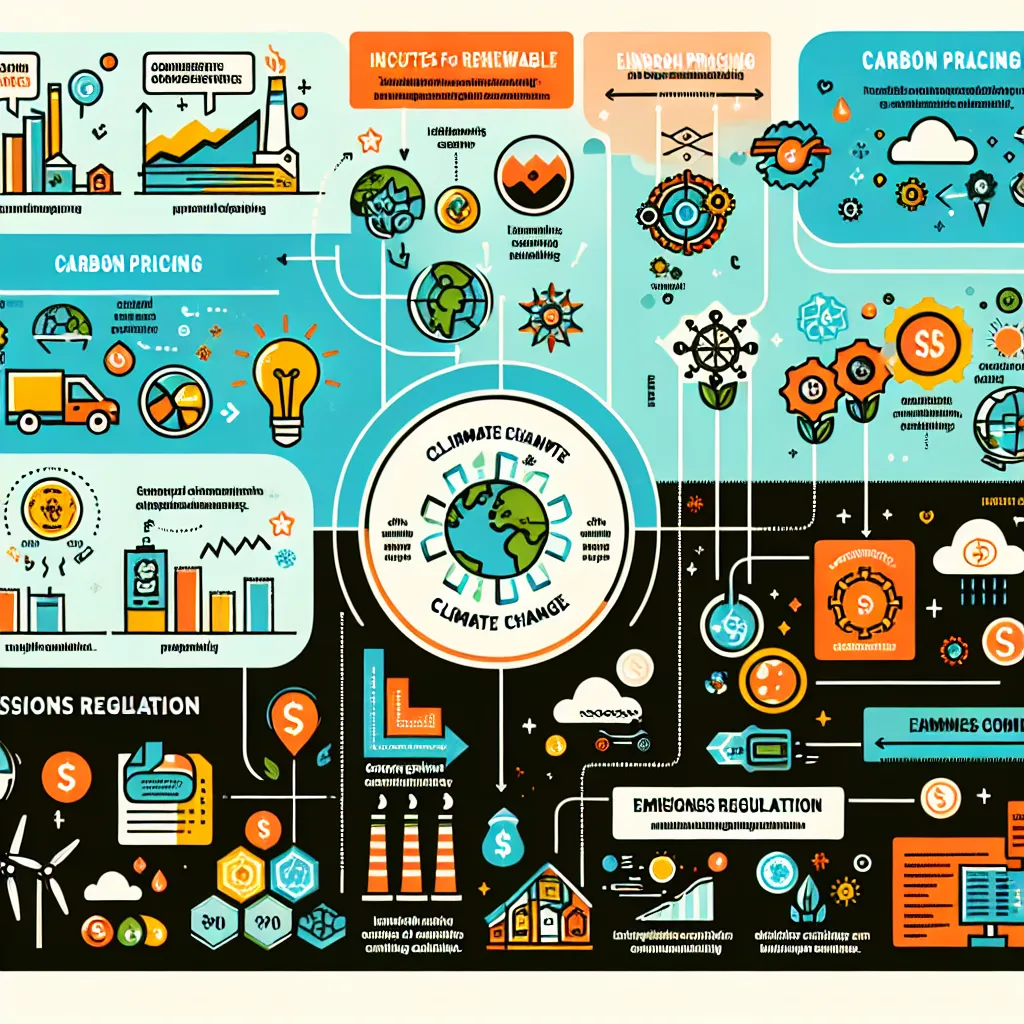Climate change is undoubtedly one of the most pressing global issues of our time, and the role of government policies in addressing this challenge has become increasingly important. This topic has been a recurring theme in IELTS Writing Task 2 questions, reflecting its significance in contemporary discourse. Based on past exam patterns and current trends, it’s highly likely that questions related to government policies and climate change will continue to appear in future IELTS tests.
Nội dung bài viết
Let’s examine a relevant IELTS Writing Task 2 question that encapsulates this theme:
Some people believe that the responsibility for reducing climate change lies with individuals, while others believe it is the responsibility of governments. Discuss both views and give your opinion.
Analyzing the Question
This question requires candidates to:
- Discuss the view that individuals are responsible for reducing climate change
- Discuss the view that governments are responsible for reducing climate change
- Provide their own opinion on the matter
It’s crucial to address all parts of the question and provide a balanced argument before stating your personal stance.
Sample Essay for Band 8-9
Climate change is undoubtedly one of the most pressing issues facing our planet today, and there is ongoing debate about who should bear the primary responsibility for addressing it. While some argue that individuals should take the lead in reducing their carbon footprint, others believe that governments should be at the forefront of climate action. In my opinion, both individuals and governments have crucial roles to play, but ultimately, government policies are more influential in combating climate change on a large scale.
Those who advocate for individual responsibility argue that personal choices have a significant cumulative impact on the environment. By adopting environmentally friendly practices such as using public transportation, reducing energy consumption, and choosing sustainable products, individuals can collectively make a substantial difference. Moreover, this approach empowers people to take immediate action without waiting for governmental intervention.
On the other hand, proponents of government responsibility contend that climate change is a global issue that requires coordinated action at the national and international levels. Governments have the power to implement wide-reaching policies, such as carbon pricing, renewable energy incentives, and strict emissions standards for industries. These measures can drive systemic changes that individual actions alone cannot achieve. Furthermore, governments can negotiate international agreements, like the Paris Agreement, to ensure global cooperation in tackling climate change.
In my view, while individual actions are commendable and necessary, government policies are more crucial in effectively combating climate change. Governments have the resources, authority, and reach to implement large-scale solutions that can significantly reduce greenhouse gas emissions. For instance, by investing in clean energy infrastructure, enforcing stringent environmental regulations, and providing incentives for green technologies, governments can create a conducive environment for sustainable practices to flourish. Moreover, government policies can shape societal norms and behavior, encouraging individuals and businesses to adopt more environmentally friendly practices.
In conclusion, although individual responsibility is important, the role of government policies in combating climate change cannot be overstated. A comprehensive approach that combines strong governmental action with individual efforts is likely to be the most effective strategy in addressing this global challenge. As citizens, we should not only strive to reduce our personal carbon footprint but also advocate for and support robust climate policies at the governmental level.
(Word count: 365)
 Government policies for climate change
Government policies for climate change
Sample Essay for Band 6-7
Climate change is a big problem in the world today, and people have different ideas about who should fix it. Some think it’s up to individuals to make changes, while others believe governments should take charge. I think both individuals and governments have important roles, but government actions are more powerful in fighting climate change.
People who say individuals are responsible think that personal choices can make a big difference. If everyone uses less energy, recycles more, and chooses eco-friendly products, it can help reduce pollution. This view also says that people shouldn’t wait for the government to act and should start making changes themselves.
On the other hand, those who believe governments are responsible say that climate change is too big for individuals to solve alone. Governments can make laws that affect whole countries, like rules for factories to pollute less or support for clean energy. They can also work with other countries to make global plans to fight climate change.
I believe that while it’s good for individuals to do their part, government policies are more important for really tackling climate change. Governments can do things that have a bigger impact, like building more renewable energy sources or making stricter rules for companies. These actions can change how entire societies work and can lead to bigger reductions in pollution than individual actions alone.
To sum up, even though individuals should try to be more environmentally friendly, governments have more power to make big changes to fight climate change. The best way to solve this problem is probably to have both strong government policies and individual efforts working together. We should all try to be greener in our daily lives, but also support and encourage our governments to take strong action on climate change.
(Word count: 298)
Key Points to Remember When Writing
-
Structure: Ensure your essay has a clear introduction, body paragraphs, and conclusion. For band 8-9, aim for a more sophisticated structure with well-developed arguments.
-
Vocabulary: Use a range of vocabulary related to climate change and government policies. For higher bands, incorporate more advanced and specific terminology.
-
Grammar: Utilize a variety of sentence structures and tenses. Band 8-9 essays should demonstrate complex sentence structures without errors.
-
Coherence and Cohesion: Use linking words and phrases to connect ideas smoothly. Higher band essays should have seamless progression of ideas.
-
Task Response: Address all parts of the question fully. Band 8-9 essays should provide a nuanced discussion of both viewpoints before presenting a clear personal opinion.
Important Vocabulary to Remember
-
Climate change (noun) /ˈklaɪmət tʃeɪndʒ/: Long-term changes in temperature and weather patterns.
-
Carbon footprint (noun) /ˈkɑːbən ˈfʊtprɪnt/: The amount of carbon dioxide released into the atmosphere as a result of activities.
-
Sustainability (noun) /səˌsteɪnəˈbɪləti/: The ability to maintain or support a process continuously over time.
-
Renewable energy (noun) /rɪˈnjuːəbəl ˈenədʒi/: Energy from sources that are naturally replenished.
-
Emissions (noun) /ɪˈmɪʃənz/: The production and discharge of something, especially gas or radiation.
-
Environmental regulations (noun) /ɪnˌvaɪrənˈmentl ˌreɡjuˈleɪʃənz/: Rules and directives made by governments to protect the environment.
-
Carbon pricing (noun) /ˈkɑːbən ˈpraɪsɪŋ/: A method of charging for carbon emissions to reduce their production.
-
Greenhouse gases (noun) /ˈɡriːnhaʊs ˈɡæsɪz/: Gases that contribute to the greenhouse effect by absorbing infrared radiation.
-
Eco-friendly (adjective) /ˈiːkəʊ ˈfrendli/: Not harmful to the environment.
-
Systemic change (noun) /sɪˈstemɪk tʃeɪndʒ/: Changes that affect an entire system rather than just parts of it.
In conclusion, the topic of government policies in combating climate change is likely to remain relevant in IELTS Writing Task 2. To prepare effectively, practice writing essays on related themes such as international cooperation on climate issues, the balance between economic growth and environmental protection, or the role of technology in addressing climate change. Remember to structure your essays well, use appropriate vocabulary, and provide balanced arguments. Feel free to share your practice essays in the comments section for feedback and further improvement!


